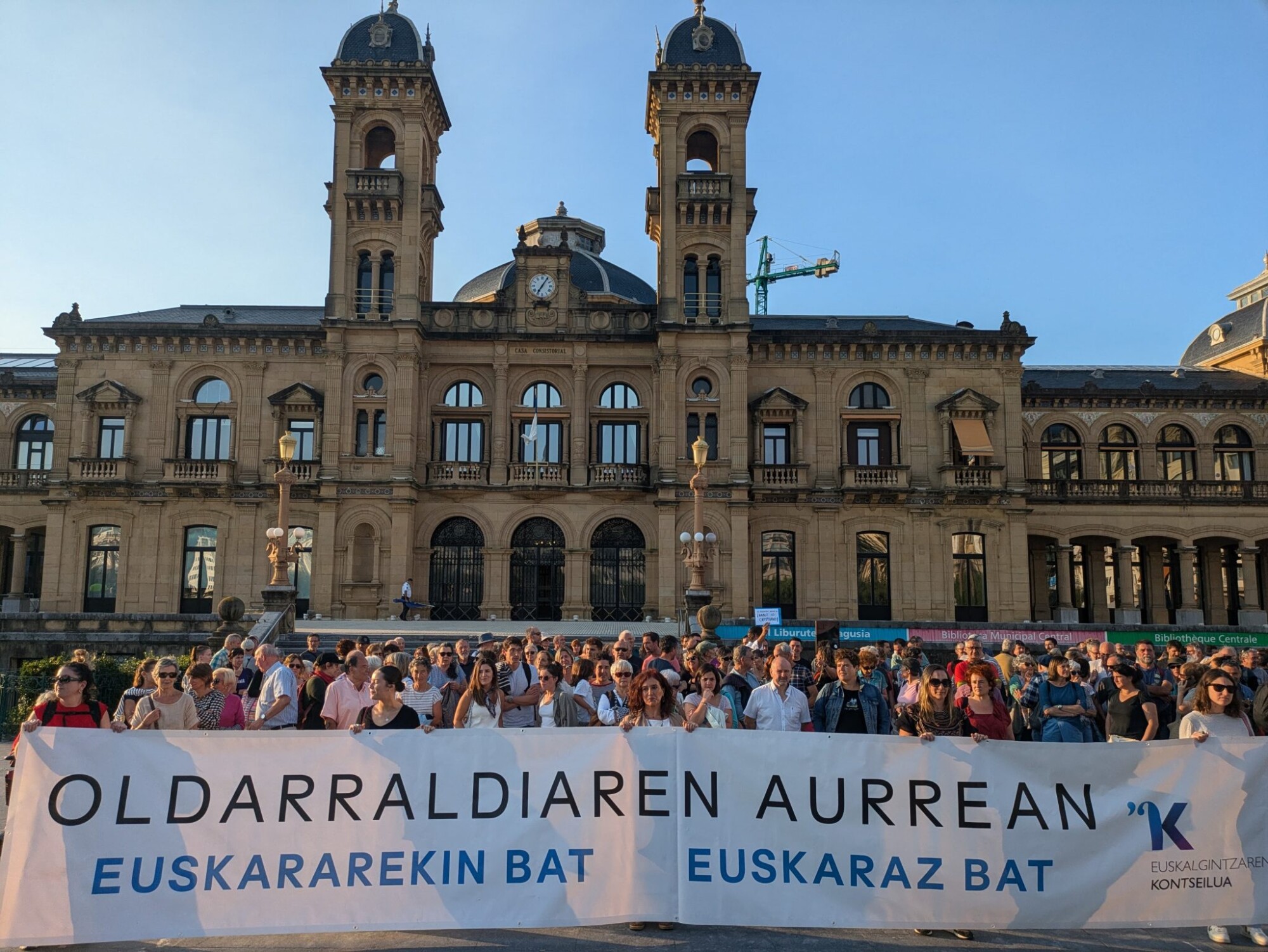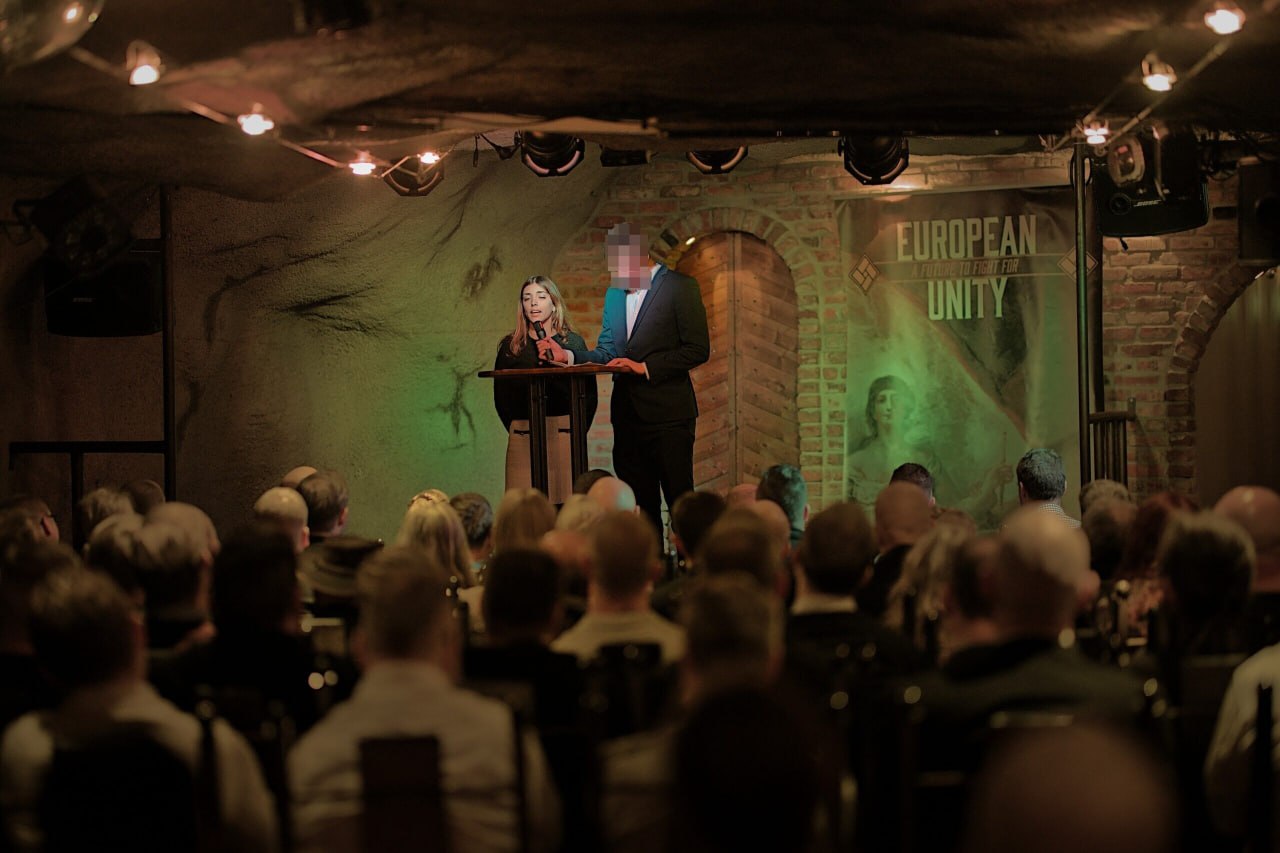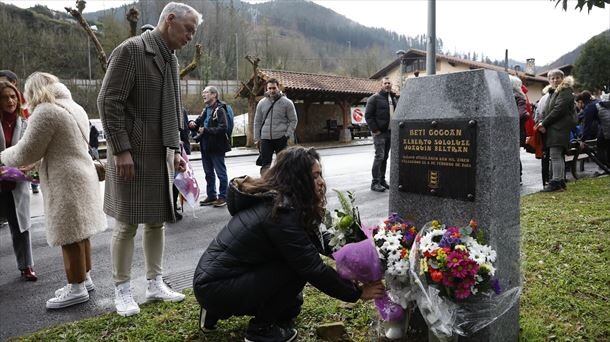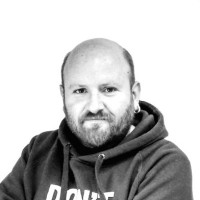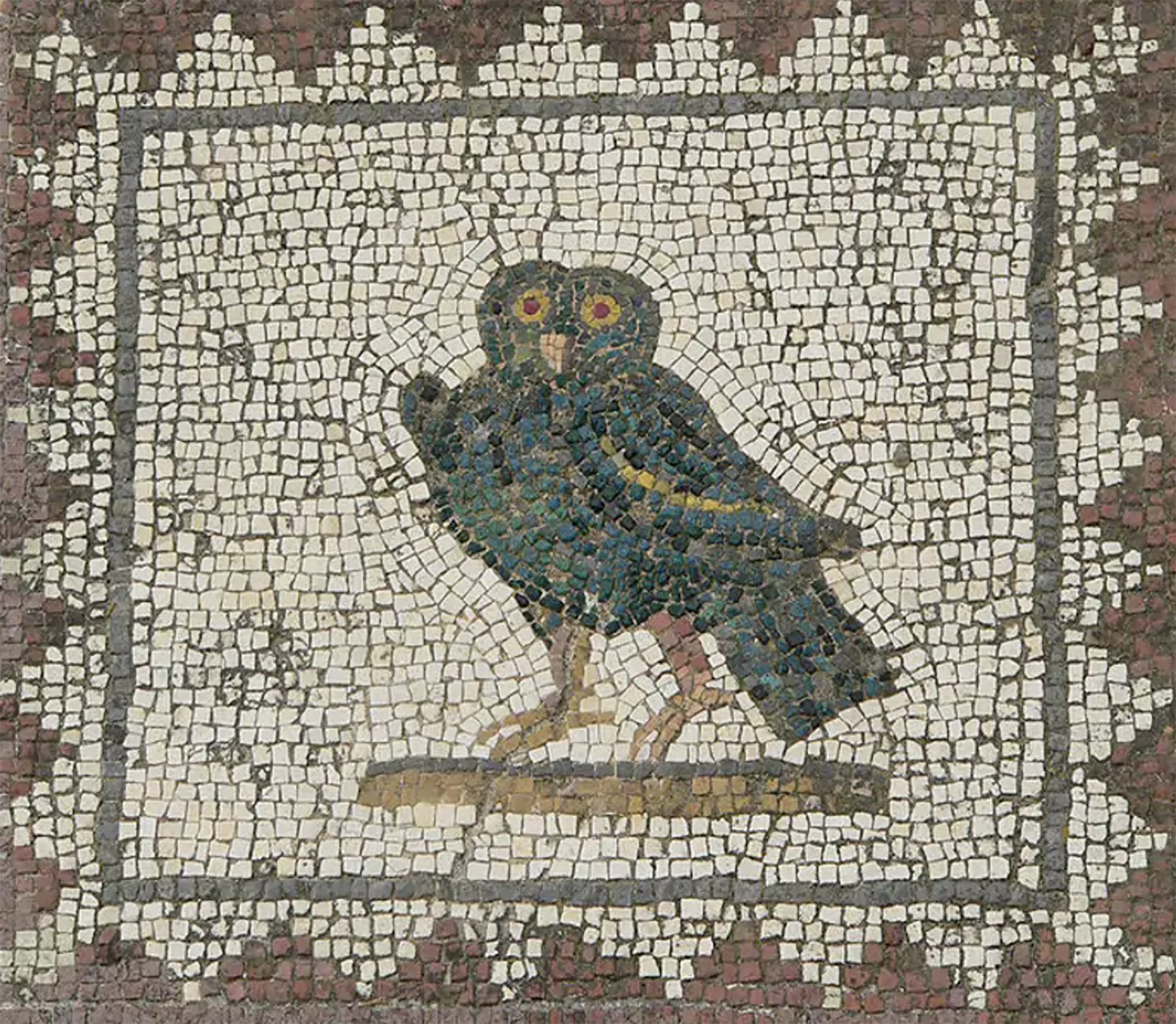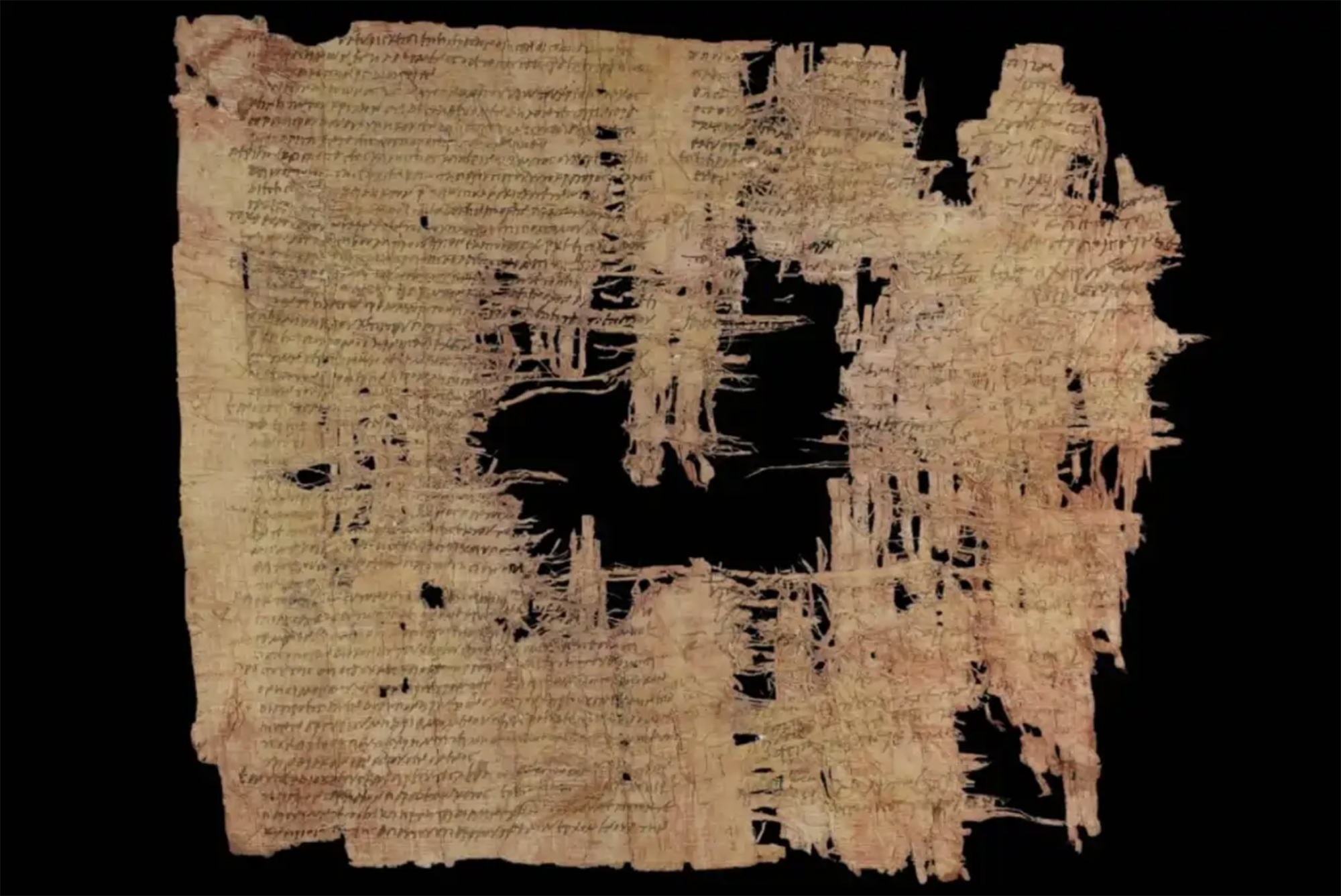Abraham Serfaty, Moroccan Red Jew Undefeated
- The former communist Abraham Serfaty has died in Marrakech, Morocco. Hassan II.ak, the uncompromising leader who kept him imprisoned for 17 years, has been extinguished for 84 years, an anti-Zionist Jew who helped the Palestinians, a Moroccan who demanded self-determination for the Sahara. This and more, one of the progatonists of the liberation processes in the Maghreb has gone.
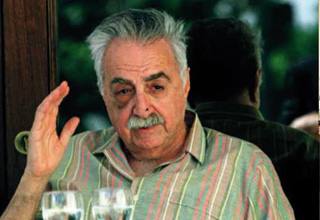
They say that the title of this book, which he published in 2001, defines Abraham Serfaty: It's about L'Insoumis. Juifs, marocains and rebelles. Another book saved his life. French journalist and writer Gilles Perrault revealed the dark side of Hassan II.aren in Morocco with the release of Notre amie le Roi in 1990, including the dreaded Tazmamart prison, where the king had closed down Serfaty along with the other convicted comrades. Hassan II.ak, trying to wash his face, took him out of the hole and spulled him to France. Mohammed VI.ak would have allowed him to return in 1999.
When Abraham Serfaty was born in 1926, he fell into a very different world. Morocco was a protectorate of France and numerous Jewish colonies throughout the Maghreb, mainly Sephardic exiles from Spain. His father was said to be a left-wing anti-Zionist Jew. My son would follow the same path.
Entering the Moroccan Communist Youth at the age of eighteen, he got to know France well, where he went to study engineering. At the age of 24, married and father of a young child, he meets for the first time the prison, followed by the French exile, to return to independence in 1956.
From 1960 to 1980, Serfaty recognized the years of lead dictatorship in Hassan II.aren since the middle of the salsa. In 1965, at the same time that, with the complicity of the French authorities, Hassan II.ak kidnapped and disappeared the politician Hahmed Ben Barka, due to the riots in Casablanca, Serfaty will be raped and tortured severely along with another militant group. His own wife, Josephine, will not be able to support her husband's continued dangerous militancy and will leave for France.
The year 1967 is marked in red by the Jews who lived in the Maghreb: that year the “Six-Day War” broke out between Israel and the Arab states and then thousands of Jews were forced to flee their homeland, making the way of life legally known for centuries impossible. Serfaty’s many friends left Morocco in the same way.
Gilles Perrault wrote a rich description of the leftist members of that Jewish diaspora in his book Un homme apart. In this he narrated the life and death of Henri Curiel, as we summarized in another Net Cerca. It has now been discovered that Curiel and Serfaty cooperated in shaping the first relations between Jews and Palestinians at that time. Curiel lost his life in that fight. Serfaty wrote a book on the same subject from prison: Ecrits of prison sur la Palestine.
17 years in hell
He had to be a smart man because of his police record, because in 1968 he was working in a high position at the huge public company Office Chérifien des Phosphates. It lasted very little: Organized by the workers in the mines of Khouribga, who partnered with the workers to join the leadership. To the street. He will be teaching for the next four years.
In 1970, the Moroccan Communist Party was abandoned in the belief that it had become obsolete and the left-wing Ila Al Amame party was organized by Serfaty and other well-known militants. This illegal Marxist-Leninist party claimed the self-determination of the Sahara. In 1972, the Moroccan police organized a massive raid and imprisoned hundreds of militants from Ila Al Amame. Serfaty went to the bush.
She was supported by a young woman of French nationality, Christine Daure. In the hideout, he learned that he had been sentenced to life in prison by the judges. He was 48 years old.
The police could not apprehend him, but his sister was arrested and tortured for long days. The whole family was upset. My father died soon and my sister in succession. The police sent a message to Serfaty that they would leave their family in peace if they escaped from Morocco. He preferred to surrender himself in 1974. He was not forgiven for this, and Christine Dure, who was his fiancée at the time, was sentenced to three years; her son, Maurice, who lives in Canada today, still suffers the consequences of such mistreatment, was taken from him. For a year and a half no one had heard of Serfaty.
The trial was held in 1977. Another Burgos. They were judging 139 comrades. At the end, “Fascist!” was heard in the room. The Chief Judge: “Will anyone who has called me a fascist dare to stand up?” And lift the 138. The judge shall: “Two more bursts to all, to shut up the magistrates.” A mother of people: “He’s going to have to spend those two years in Paradise.” Then he asked for the last word and Sarfety shouted the famous “Long live the Saharawi Republic, long live the Moroccan Republic and long live the Sahara and Morocco united!” Details offered by Ahmed Amri on his blog.
Christine was allowed to marry Abraham in 1985. It was at Kenitra Prison. Christine had since shaken every corner to get her husband out of the slaughterhouse. It was obtained on September 13, 1991. Abraham Sarfety arrived in Paris thanks to the treatment of President François Mitterrand in Hassan II.arekin.
Since then he has been in the Chadian Wheel, a gift of sickness and life in prison. When Hassan II died in 1999, he allowed his son Mohammed IV.ak to return to his homeland. He has lived in Marrakech ever since. He renounced the compensation he was entitled to as a victim of the dirty war of the State, believing that he had enough of the recompense that was given to him as a functionary of the State.Many notes of the death of
Abraham Serfaty have been published in the newspapers. Txema Montero writes her farewell in the Call. Everyone has recognized the high level of man and politician, honesty, if any, who has compared him to Nelson Mandela of South Africa. On the contrary, one of his comrades, Abdelhamid Amine, explains in the weekly Tel-Quel the bitter sensation caused by the aged man.
When the old leader arrived at Rabat-Salé airport on September 30, 1999, Amine was waiting for him with about 400 other militants. Serfaty told them that better times were coming, that Mohammed IV is another, that perhaps he would repeat in Morocco what Juan Carlos Borbon had achieved in Spain. It is said that tears of joy and despair were mixed in the cheeks of comrades.
Oinarrizko maia komunitateko U Yich Lu’um [Lurraren fruitu] organizazioko kide da, eta hizkuntza biziberritzea helburu duen Yúnyum erakundekoa. Bestalde, antropologoa da, hezkuntza prozesuen bideratzaile, eta emakumearen eskubideen aldeko aktibista eta militante... [+]
Azken egunak garrantzi handikoak izan dira Bartzelonan, etxebizitzaren aldeko mugimenduarentzat eta espekulatzaileen aurkako borrokarentzat. Urtarrilaren 28an, polizia-armada batek Raval auzoko Massana Zaharrari [zentro sozial okupatua] eraso egin zion goizaldean, aurrez abisatu... [+]
Zer jakin behar dut? Norekin erlazionatu behar dut? Non bizi behar dut? Ardura horiekin gabiltza gizakiok gure gizarteen baitan bizitza on baten ideia bizitzeko bidean. Ondo erantzuten ez badakigu, bazterretan geratuko garen beldurrez.
Joan den astean, kanpoan geratzearen... [+]
Gure lurraldeetan eta bizitzetan sortzen diren behar, desio eta ekimenen inguruan gero eta gehiago entzuten dugu harreman eta proiektu publiko-komunitarioak landu beharraz, eta pozgarria da benetan, merkaturik gabeko gizarte antolaketarako ezinbesteko eredua baita. Baina... [+]
We have renewed the dialogue in the secretariat of the faculty, for the most auspicious: they are far away, for their enrollment, the times when only the students came. The trend has changed for a long time, and parents – most notably mothers – are taking an increasingly... [+]
The argument of a syllogism has three propositions, the last of which is necessarily deduced from the other two. It is with this deductive logic that I can analyze, for me, the long and traumatic socioecological conflict in Carpinteria that is taking place in Navarre.
The... [+]
I have recently worked in class on Etxahun Barkox’s beautiful and touching cobla. The bad guy! The afflictions of the house began because of the creation of the “praube with beauty”, but in seventeen years she had entered the sea of misfortune, having to abandon the girl... [+]
Poloniar ikerlari talde batek Sevillako Italica aztarnategiko Txorien Etxea aztertu du, eta eraikinaren zoruko mosaikoak erromatar garaiko hegazti-bilduma xeheena dela ondorioztatu du.
Txorien etxean 33 hegazti daude mosaikoetan xehetasun handiz irudikatuta. Beste... [+]
Judea, 2nd century AD. In the turbulent atmosphere of the Roman province, a trial was held against Gaddaliah and Saul, accused of fraud and tax evasion. The trial was reported on a 133-line paper in Greek (pictured). Thinking that it was a Nabataean document, the papyrus was... [+]















